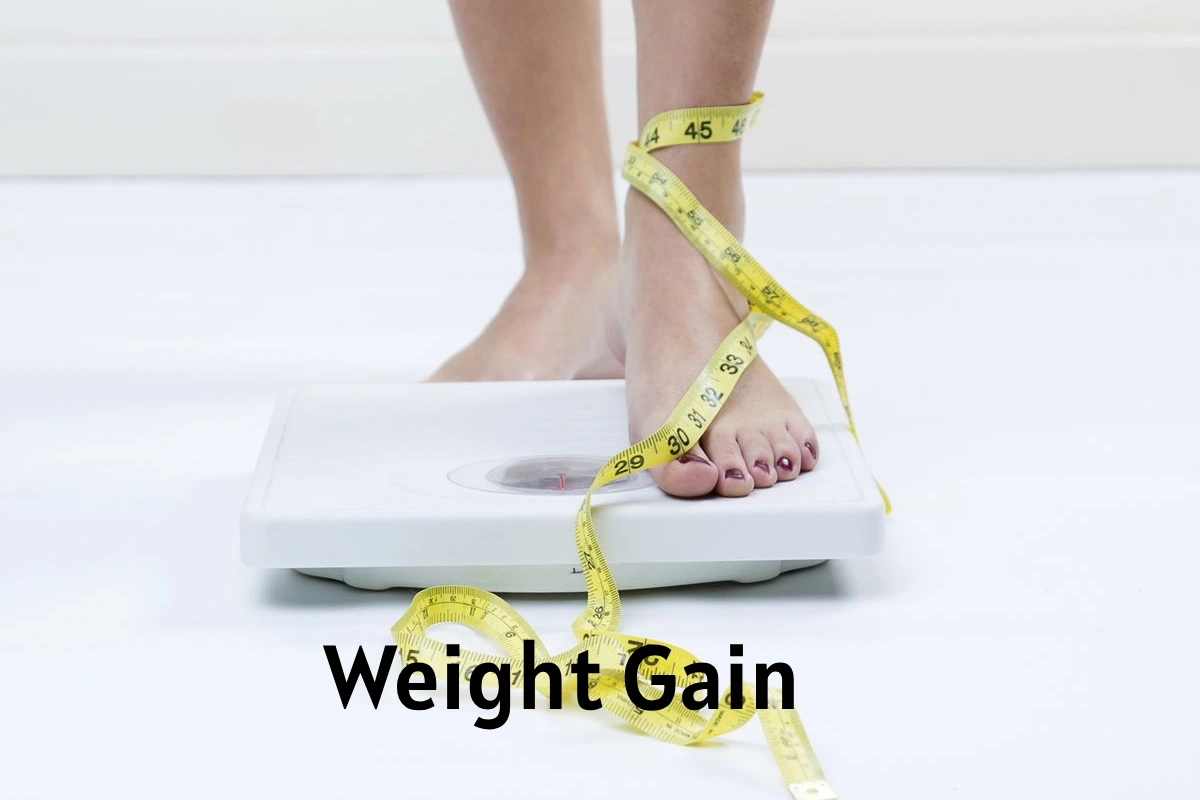As an online weight loss coach I get to work with people every day who are struggling and when we look at the list of issues the body can experience due to excessive weight gain, the picture is almost always physical. It means that the consequences usually have something to do with the heart, the joints, or hormone levels. Despite the connection our physical health has with its mental counterpart, people rarely bring up the emotional impact when discussing weight gain.
However, weight gain can have very severe, very real emotional implications that people are completely unprepared for. To make things worse, these factors can act as a deterrent that keeps them from trying to lose weight. So let’s unpack some of the consequences of weight gain on our emotional health.
Table of Contents
Body Image Issues

While weight loss can offer some life-changing benefits to people who are overweight, the stigma they face makes it difficult to embrace the journey in the first place. As they internalize this stigma, they experience reduced self-esteem and may become overly conscious of their body. This can lead to anxiety about how people may perceive them, preventing them from reaching out for help.
Reduced Quality of Life
Excessive weight gain can take a toll on the body’s systems. From immunity to blood circulation, a higher body fat percentage affects everything. The added weight on your joints can increase the risk of osteoarthritis, while high blood pressure does the same for stroke. Then there are also chronic conditions like diabetes, which can cause damage to the body’s organs in the long run. All of these factors can have a negative effect on a person’s quality of life by putting restrictions on mobility, diet, and various other aspects of life.
Feelings of Loneliness
This brings us to the next aspect: when faced with excessive weight gain, people have no choice but to miss out on several things. When it seems like there are only a limited number of things they can enjoy, even friends can do little to alleviate the issue. A potential heart condition means they can’t go running with their friends, while high blood glucose can prevent them from going out to a restaurant with a loved one.
Similarly, restrictions on mobility can prevent them from pursuing career opportunities that may require working under more demanding conditions. In fact, weight gain can even take away the simplest of joys, like riding a roller coaster. All of these factors can make a person feel like they’re left behind.
Weight-Related Discrimination
Society is biased against overweight people, describing them as lazy, gluttonous, undisciplined, and unattractive. Even when overweight people do feel motivated to bring a change, nothing kills their motivation faster than weight-related discrimination. It can prevent them from getting access to proper care from a licensed professional, which causes their mental health to deteriorate further.
Then, there’s the added aspect of discriminatory views among employers who may not hire overweight people. Needless to say, nothing is more anxiety-inducing than the worry of whether you can afford to put food on the table. Lastly, their appearance influences how people speak to them, which leads to a dip in self-esteem.
A Cycle of Weight Gain

While we’ve discussed how weight gain can lead to emotional problems, it’s not always a one-way relationship. In fact, a person’s psychological health can also influence their weight. So when someone suffers from negative emotional effects of weight gain, those effects can contribute to further weight gain.
They May Use Food as a Means to Cope
One way poor emotional health can lead to further weight gain is that for many overweight people, food is seen as a way to cope with negative feelings. This is often the case for people suffering from chronic depression, anxiety, or stress. Usually, they make unhealthy food choices by turning to overly processed foods loaded with sodium and refined carbohydrates.
Depression Can Lead To Carbohydrate Cravings
Low mood, often a core symptom of depression, correlates with a serotonin deficiency. Serotonin is a monoamine neurotransmitter that acts as a mood stabilizer, and its levels can also drop due to anxiety and disturbed sleeping patterns. Low serotonin levels can cause carbohydrate cravings, which ultimately lead to weight gain.
Lethargy Due To Depression Often Contributes To Weight Gain
Another common symptom of depression is lethargy and hypersomnia. Overweight people who also suffer from depression may lack the energy to exercise or get up and go for a walk. Moreover, they isolate themselves from friends and family, living a sedentary lifestyle. When the body fails to get enough exercise or movement, it can reduce metabolism levels, reducing the amount of energy the body uses. Consequently, even when they try losing weight, results aren’t as quick, which can also adversely affect mental health.
Weight gain doesn’t come without consequences, especially for our emotional well-being. Not to mention, many overweight people who do try losing weight may give up quickly due to different emotional factors. It’s why weight loss should never be a solo journey. Having someone to motivate and support you, like a weight loss coach, can help ensure steady, long-term results and improved quality of life.

